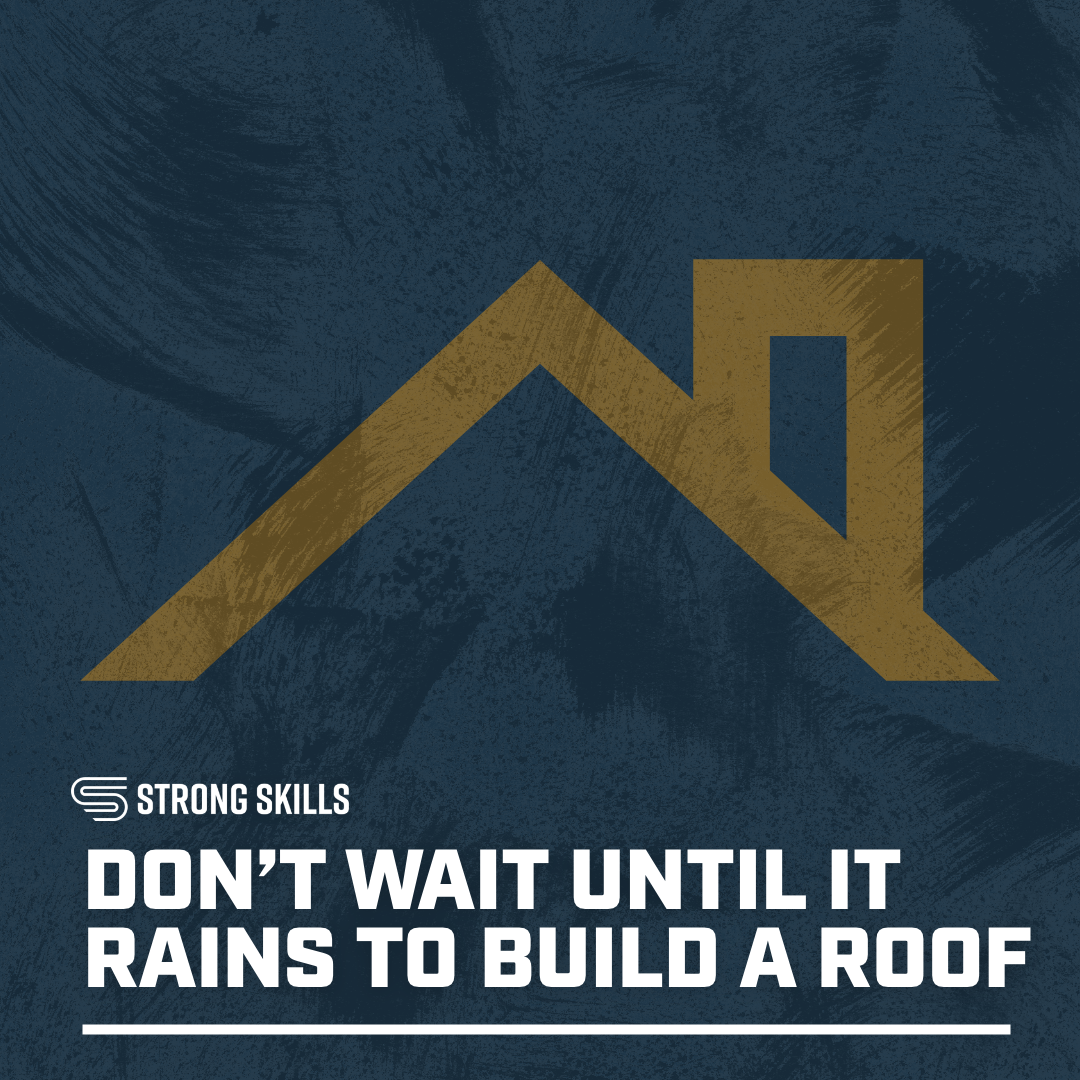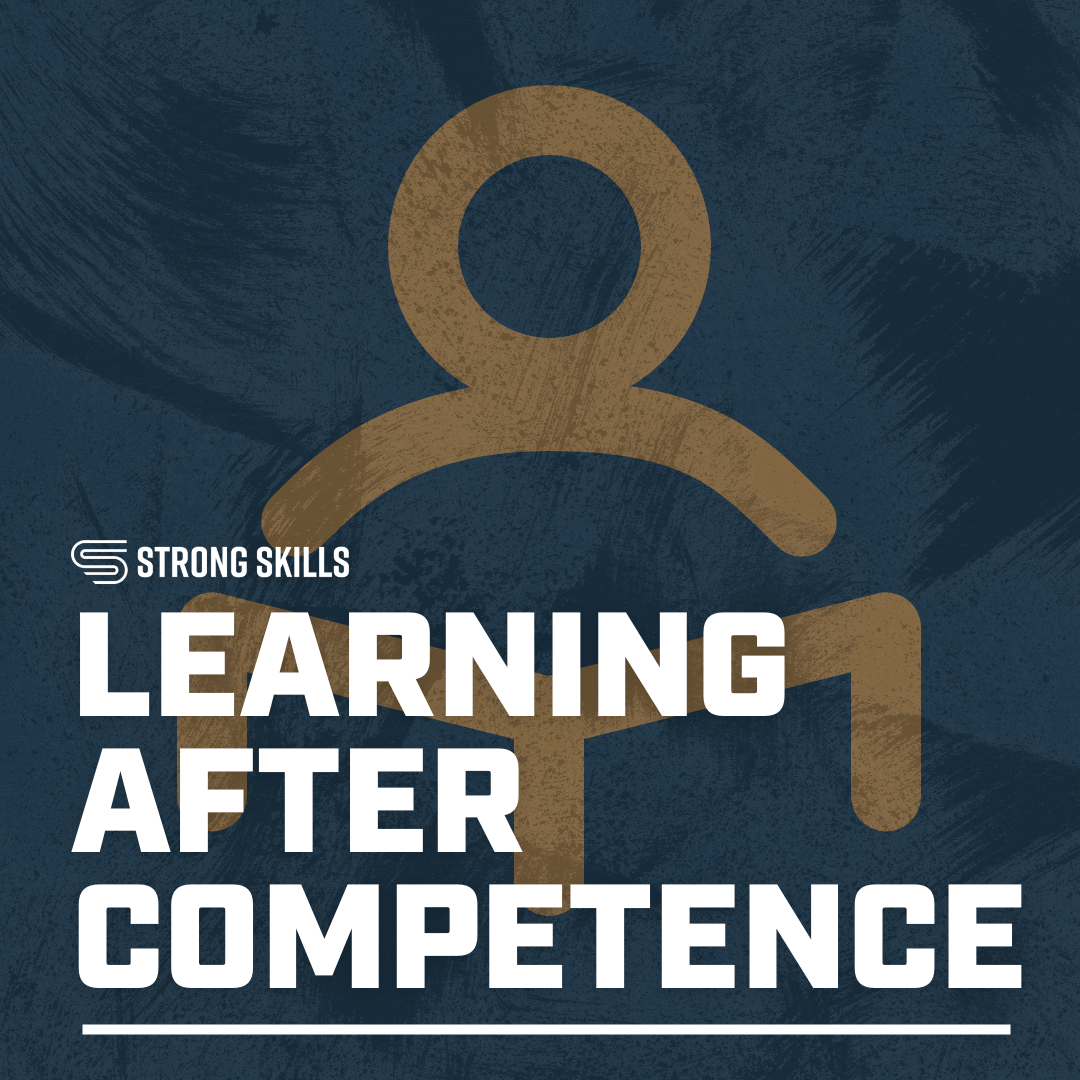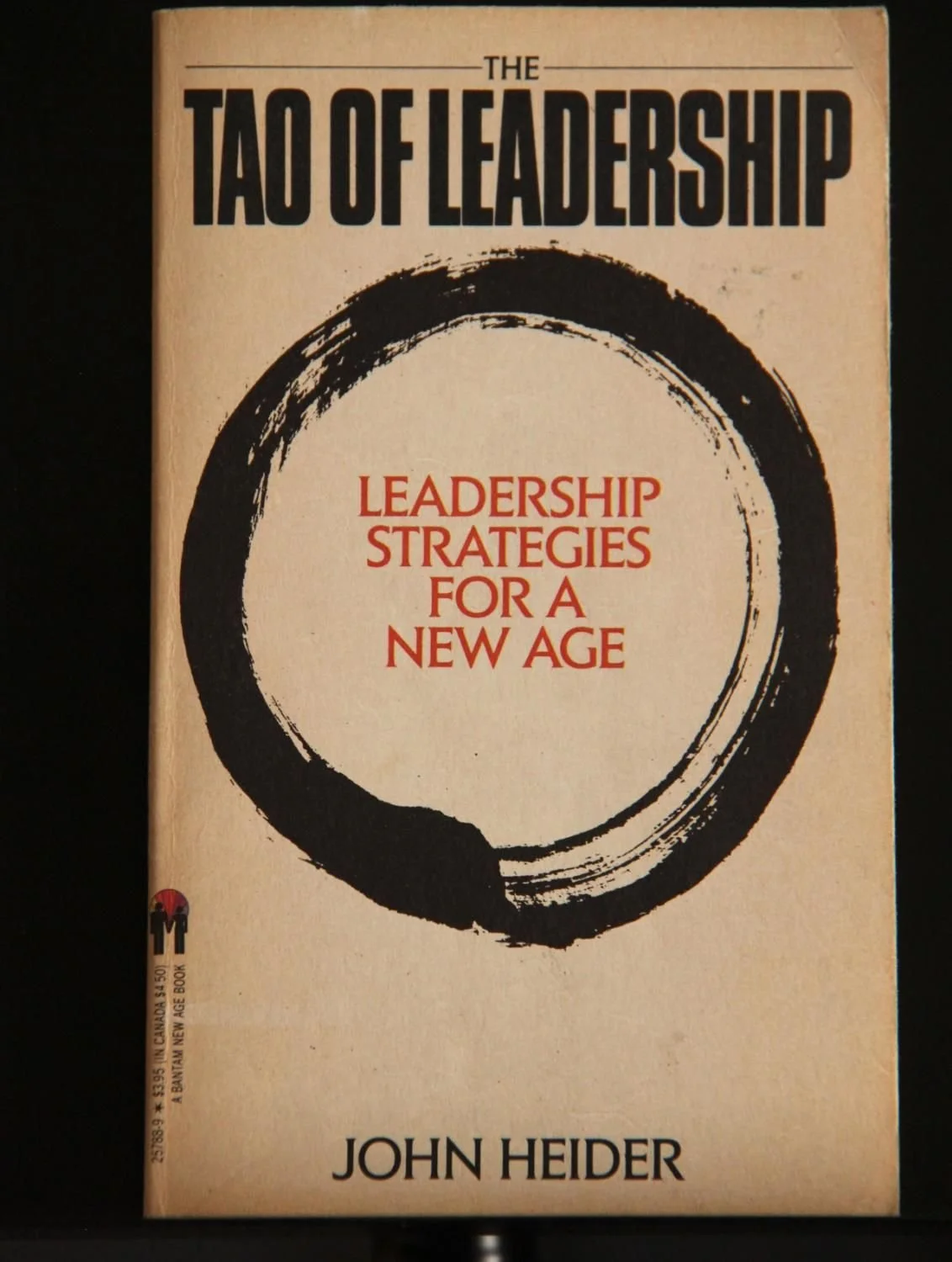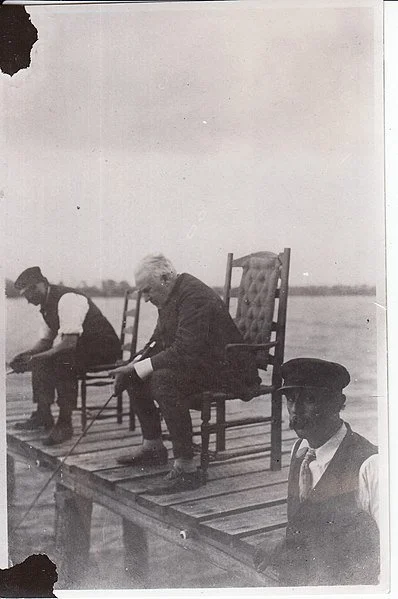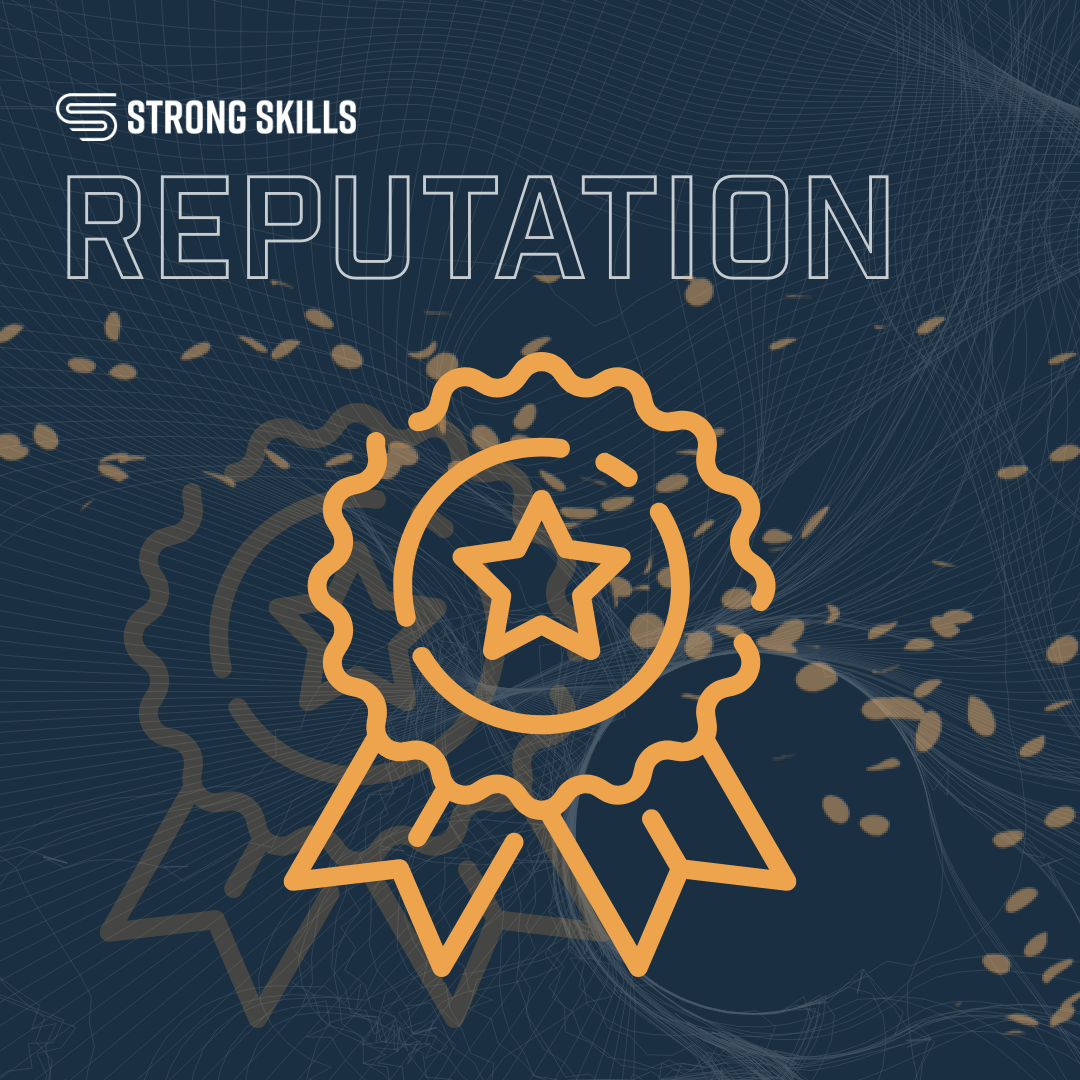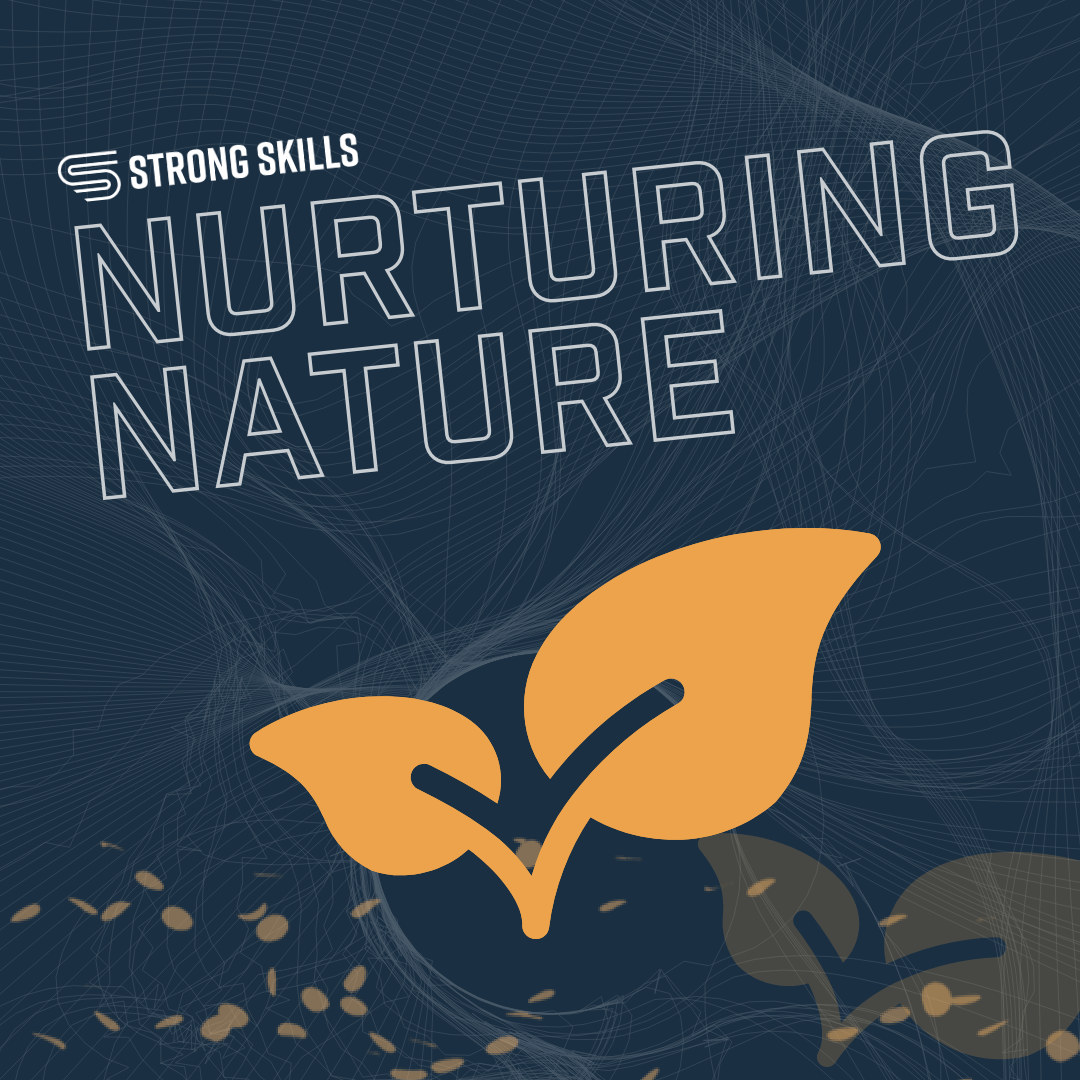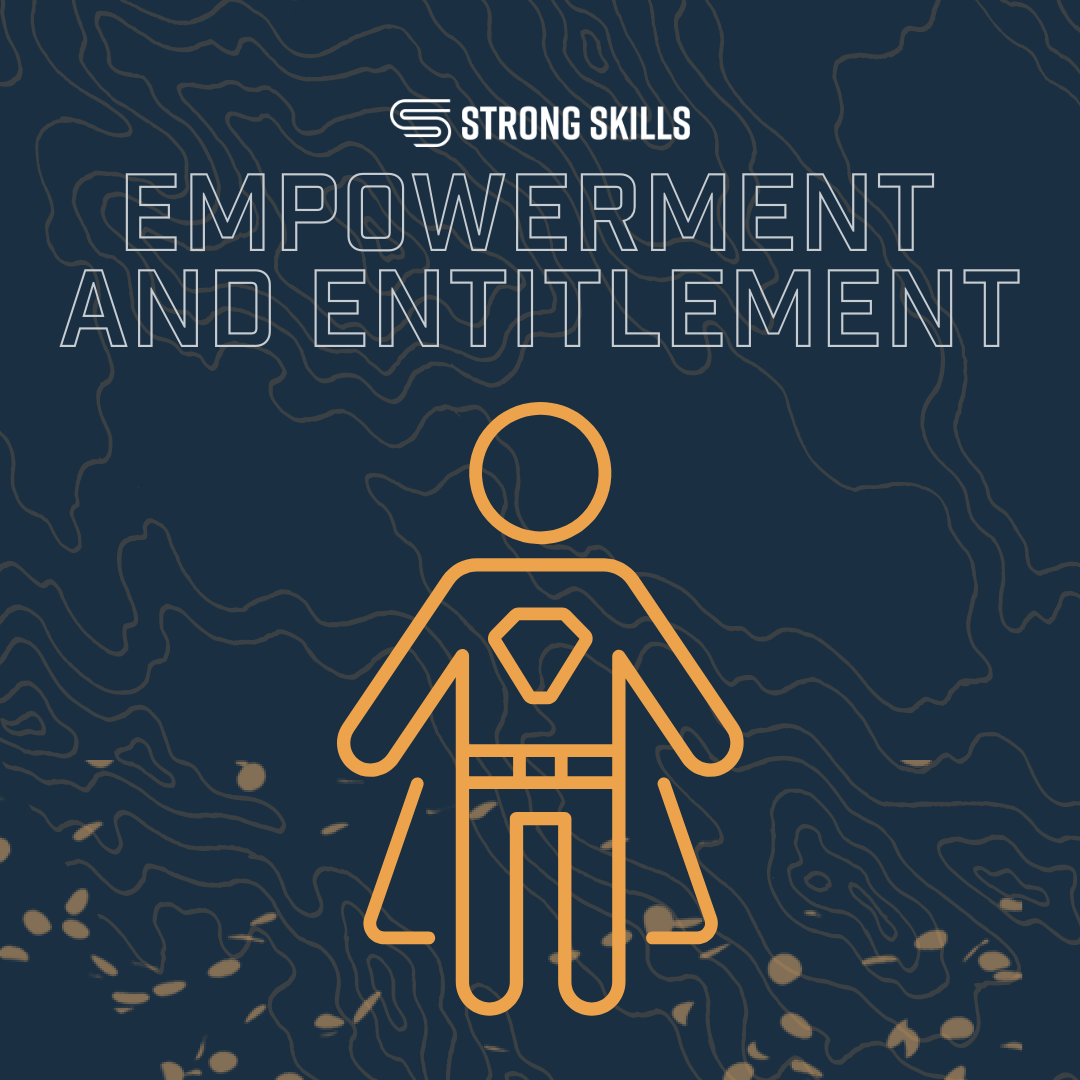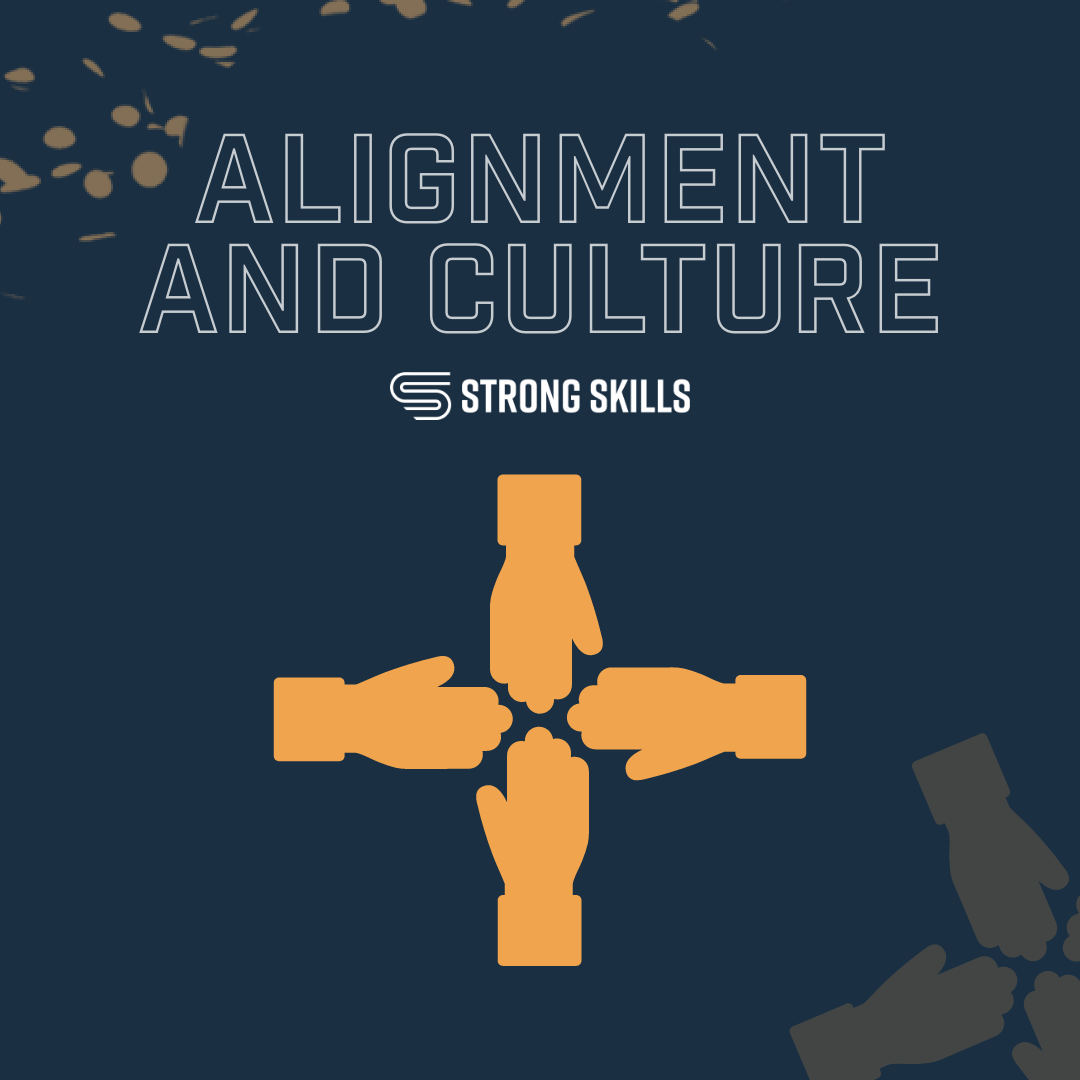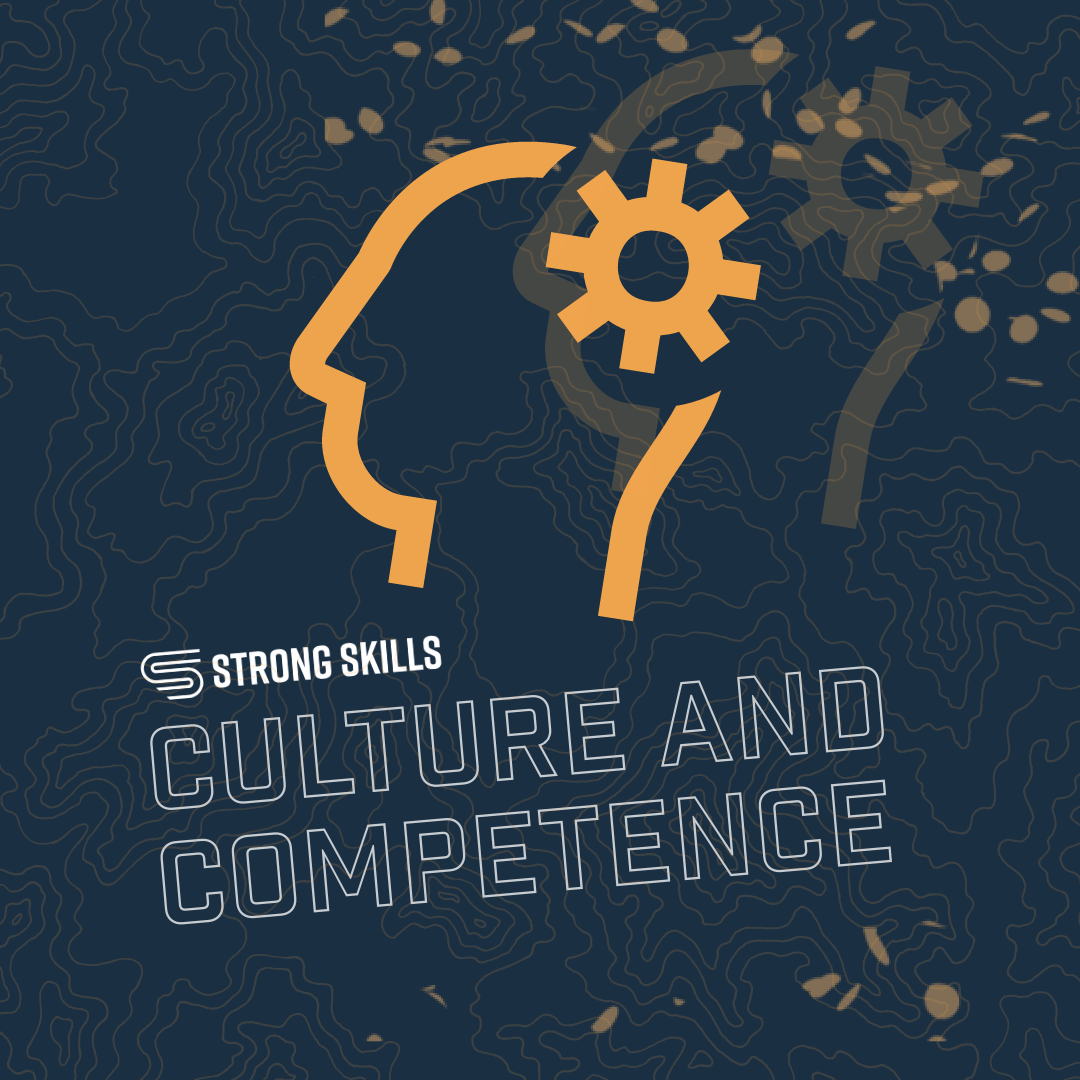It seems as if every financial model/expert point to us heading to recession. I often think about the phrase.... "Don't wait until it rains to build a roof." We all need to be roof-building right now, and who knows, maybe it even needs to be a retractable one.
Read MoreRelationships are huge for sales/revenue. Systems are huge for growth; they allow us to unlock our potential and make performing easier, especially in a group context. Systems lead to better implementation. They are about “best practice.” Think of them as a philosophy; the way we want to play, sell, operate, etc. Great systems create efficiencies that reduce friction. Find a consistently performing organization and you will most likely find great systems. Systems are about unlocking potential.
Read MoreAsking a question we know the answer to is condescending. Stop doing it. Don’t do it. You are wasting your time and that of the people you serve. We are often trained to do so, and I believe it’s a mistake. If you know the answer to something you are far better off asking for permission to share your answer than asking a question you already have an answer to.
Read MoreOne of the biggest mistakes I see in business and sports is this assumption: those who are elite at executing/performing are elite at leading and/or managing
Read MoreThe best learning typically occurs AFTER we have a baseline of competence. Competence is simply the ability to do something successfully or efficiently.
Read MoreMany organizations don’t have a system and a process to welcome their new hires. Instead, they throw them in the fire. It’s sink or swim. Instead of taking an opportunity to share what they value, why they do what they do, how they do it, and where they are heading, they miss a critical opportunity to not just share but also to learn.
Read MoreVerse 17 begins a section of the Tao Te Ching that is focused largely on leadership. I think it's a friendly reminder for all who are privileged to be in a position of leadership.
Read MoreWhat we prioritize requires investment (time, energy, money). Want to prioritize something? Intentionally invest.
Read MoreThis time of year is great for reflection.
I often think of Thomas Edison.
How can we create an easy environment for things that have a positive impact? Especially when things are hard, we need to find ways to make them easier (i.e., have exercise clothes laid out the night before). Our habits are greatly impacted by our environment. Think about what actions would benefit from less
Read MoreFormer UCLA Men’s Basketball Coach John Wooden has a Socrates-like Ted Talk where he shares an important distinction between character and reputation: Character is who you are, whereas reputation is how others perceive you. It’s something that has stuck with me, especially in hard times. So many of us are overly concerned with our reputations, which, in reality, we don’t control. A reputation can ruin a lifetime of character. Yet, how much does reputation actually matter? And what’s more, should we focus on it? Let’s dig in.
I like a movie but the person I go with doesn’t. Same with a song. A restaurant. All good. Yet, I am crushed when someone leaves 2 stars for my podcast or book or opts out of my newsletter. I
I’m working on normalizing those experiences. I don’t have to be all things to all people.
What happens with more perspective? Here are some examples.
A person is speeding and flies by us. We decide to follow them in a rage as we hope to give them a piece of our mind at the next traffic light. We wonder how they could act so carelessly. We follow them all the way to the hospital emergency room.
Beyond parenting, great organizations need to think about how they can nature the nurture of their people. Personality assessments are a great place to start. They provide an additional perspective and can help identify a baseline of nature. Much of our management potential lies in our ability to manage ourselves. If we want to nurture our nature, often the best place to grow is by understanding who we are. The same goes for the people we lead.
Read MoreEmpowerment leads to growth. Enablement leads to entitlement.
Read MoreThere are rarely purely good or bad organizational cultures (beyond illegal activity, abuse, etc.). Of course, there is research on what creates high performance, but mostly there are good cultures for certain people and bad cultures for certain people. Great culture is mostly about alignment of values.
Read MoreThe Eisenhower matrix is one of my favorite frameworks. It’s really helpful, especially for those who struggle with prioritizing their time. Let’s break it down.
Read MoreNo sports team ever thinks they did poorly the day after a draft. Our confirmation bias often shows itself early and our capacity to quickly self-analyze is actually extremely low. On the other side of the coin, our capacity to quickly self-justify is extremely high. Naive optimism can run rampant and can lead us to blind spots; we justify poor performance because we have rose-colored glasses about what’s possible.
Read MoreOne of my mentors would often ask “do you have the story, or does the story have you?” I think this adage applies to much of our emotional experiences as well. A few examples: Do you have anger, or does anger have you? Do you have sadness, or does sadness have you? Do you have jealousy, or does jealousy have you?
I had Rand Fishkin, the CEO of Sparktoro, on my podcast earlier this year. In Rand’s book, Lost and Founder, he shared a graphic that made me stop, pause, and contemplate. Rand suggested that most companies keep and train their employees who are high on competence and low on culture, but don’t hire/don’t keep those who are high on culture and competence. Of course, Rand points out that in the perfect world people who are high on culture and high on competence should be hired and kept
Read More
